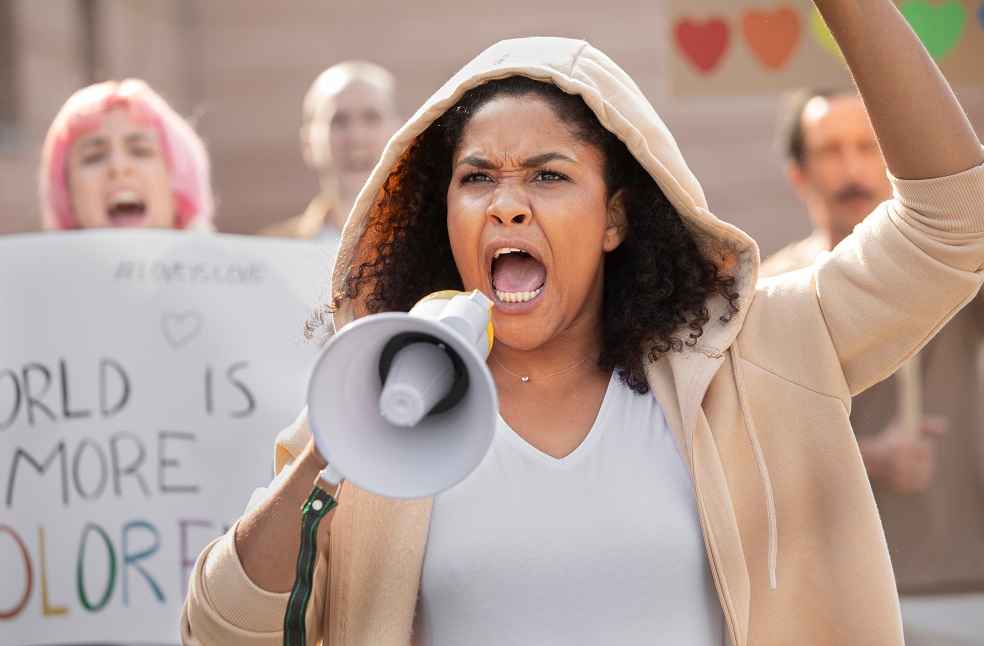Bristol: Recent Ipsos polling reveals that nearly three-quarters of Britons are increasingly worried about the rise of Far-right extremism following anti-migrant riots, highlighting growing concerns over societal divisions in the UK just weeks after the worst unrest in a decade.
The survey indicates that 73% of respondents are concerned about right-wing extremism, a significant rise of 11 percentage points since March. This concern is echoed by a broader anxiety about societal divisions, with 85% of those surveyed believing that British society is either “very” or “fairly” divided—the highest level since 2019.
The unrest, which erupted in various towns and cities, was triggered by the tragic stabbing of three young girls at a dance class in Southport on July 29. The alleged perpetrator, 17-year-old Axel Rudakubana, was initially not named due to his age. However, far-right agitators took advantage of the situation, spreading online misinformation that falsely claimed the attacker was a Muslim refugee.
The poll also reflects rising concerns about other forms of extremism. Worries about left-wing extremism have increased by 7 points to 59%, while concerns about religious extremism have risen by 9 points to 74%.
In terms of public services and the economy, 84% and 83% of respondents respectively expressed concern, indicating these issues remain top priorities for the British public.

The poll also assessed public opinion on the response to the riots. While 57% of respondents felt that the police handled the situation well, only 21% believed that politicians responded effectively, with 42% expressing dissatisfaction. However, Labour leader Keir Starmer received a more positive assessment, with 39% of respondents stating he had done a good job, compared to 29% who disagreed. In contrast, only 21% believed Nigel Farage responded well, while 48% criticized his actions during the unrest.
Farage came under fire for releasing videos questioning whether the police had withheld information about the attacker and challenging the notion that the far-right was primarily responsible for the disorder.
Social media companies also faced significant criticism, with 60% of respondents believing they had mishandled the situation, while only 12% supported their actions.
Interestingly, the poll reveals a stark contrast in public perceptions of crime. While 86% of respondents believe that crime and antisocial behavior are major problems across the UK, only 40% feel the same about their local areas. Additionally, 72% believe that crime has risen nationally over the past 12 months, compared to 41% who think it has increased in their local communities.
MOST READ | Hungarian law threatens to Home thousands of Ukrainian refugees



